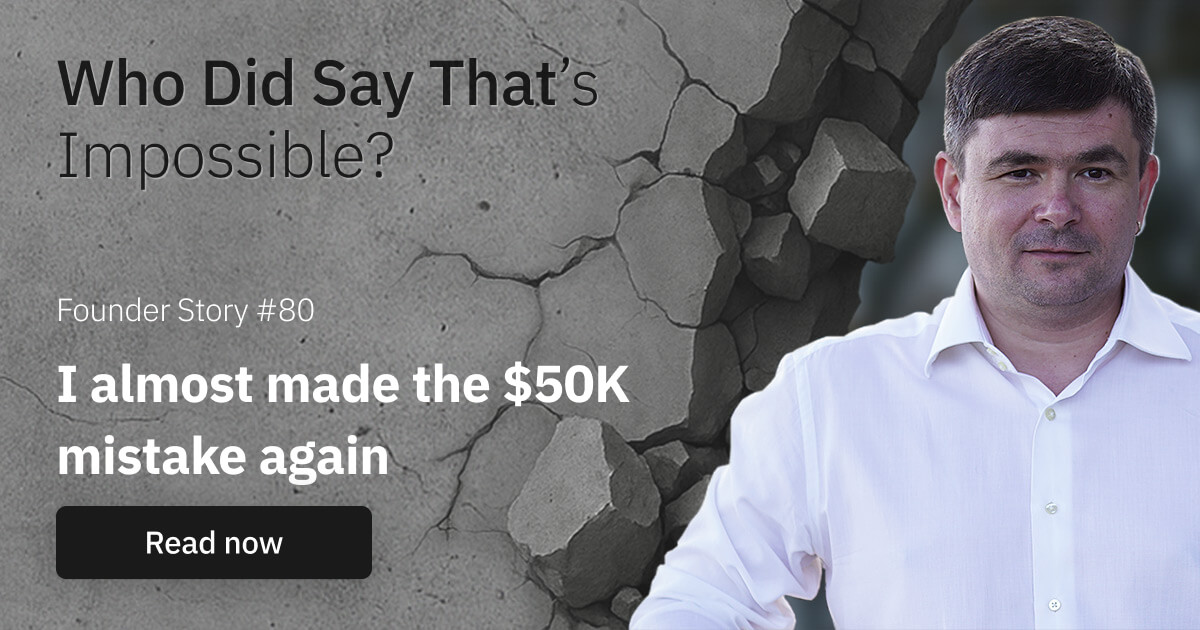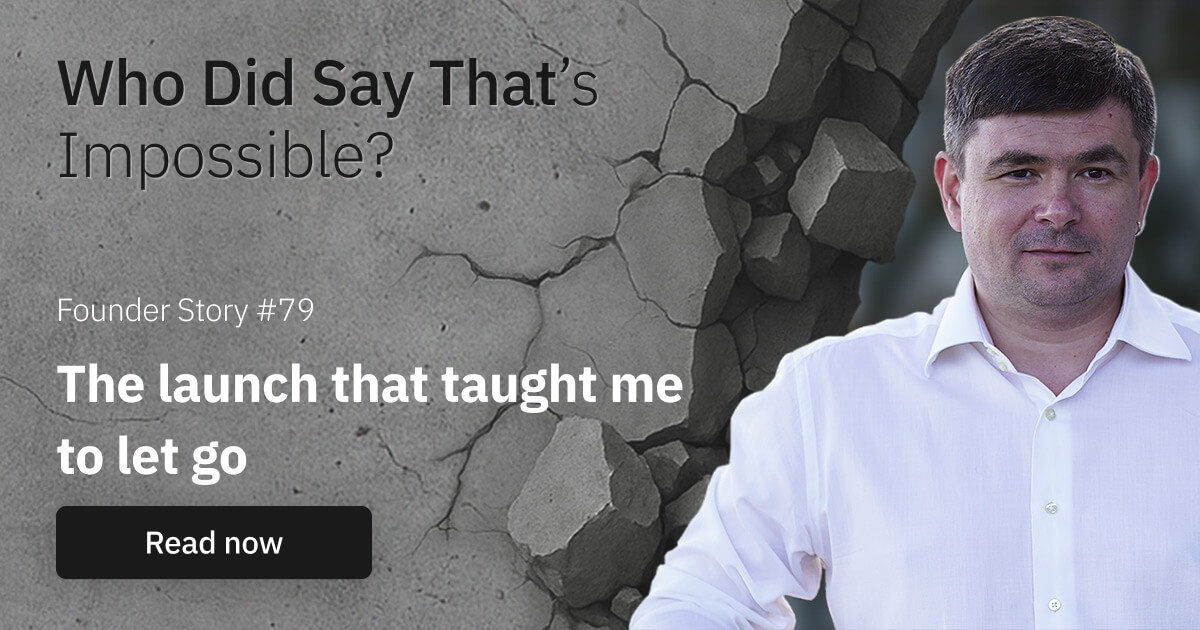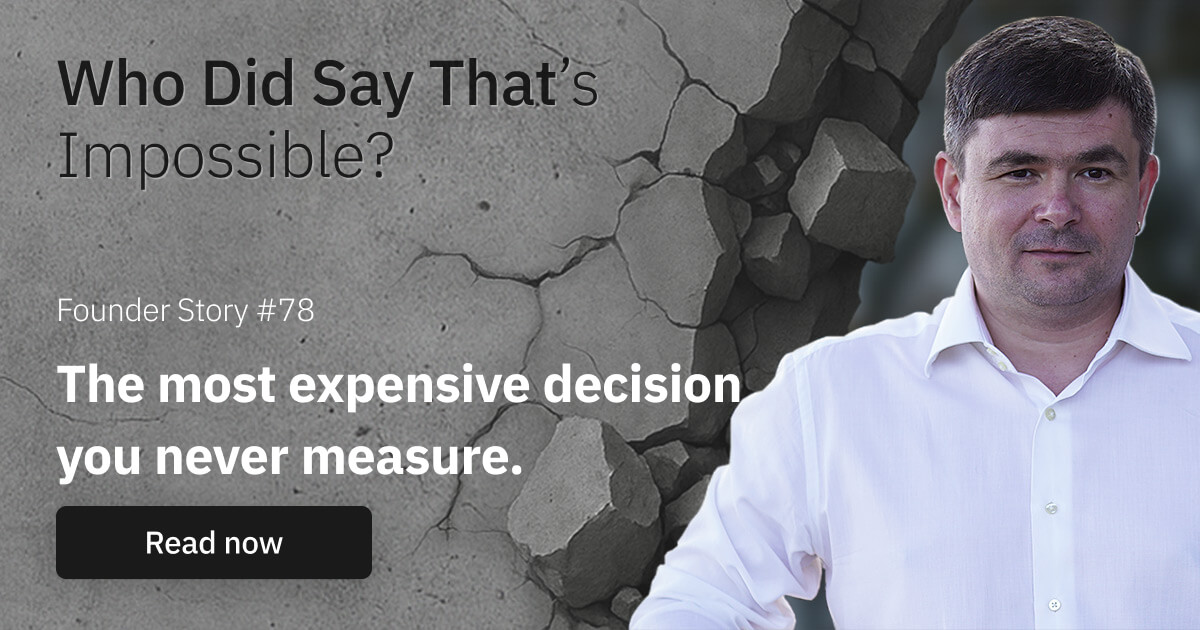The lessons you’ll never hear from winners
Or minute of silence for the stories that never returned home
We are wired to celebrate those who “made it.”
The founders who scaled. The companies that sold. The people who survived the storms.
We study their stories, copy their tactics, and try to reverse-engineer their luck.
But here’s the brutal truth: most of the knowledge you need isn’t in their stories at all.
It’s hidden in the wreckage of those who didn’t make it back.
That’s what the statistician Abraham Wald realized during World War II.
The military studied planes that returned from missions, analyzing bullet holes to see where armor was needed.
The plan was simple: reinforce the areas with the most damage.
But Wald saw the mistake.
“These are the planes that survived,” he said. “The real weakness is where you see no holes at all. Because that’s where the planes got hit and never came back.”
That insight changed military strategy.
And it should change how you think about business.
My Own Blind Spots
When I look back, the biggest risks weren’t where I thought they were.
I worried about competitors.
About losing clients to cheaper offers.
About missing the latest marketing trend.
But the things that almost killed my business were quieter.
- One client making up 30% of revenue.
- A single bank account that froze overnight.
- A key employee walking away with critical knowledge.
None of those show up in the shiny case studies.
You don’t read about them in Forbes.
Because those who didn’t survive aren’t there to tell their story.
I learned it the hard way. Through fear, panic, and a pile of sleeping pills.
And every time I came out alive, I realized I had been looking at the bullet holes on the wrong side of the plane.
Survivorship Bias in Business
Founders fall for this every day.
We copy what’s visible: the success stories, the growth hacks, the big “wins.”
We armor the wrong parts of the plane:
- More headcount instead of process.
- More hustle instead of clarity.
- More “visibility” instead of resilience.
And then one quiet crisis—one client walking, one account frozen, one illness that takes you out for a month—shows where you were truly exposed.
If you only study those who “made it,” you’ll miss the reasons so many others didn’t.
The Founder I Needed
If I could go back, I’d tell my younger self:
Don’t just chase what others show you. Look for the blind spots.
Study the silence, the missing data, the founders who burned out and never posted their victory threads.
Because that’s where the real lessons are.
- Eugene
Join the “most offbeat” Businessletter on entrepreneurship.

Hi, I’m Eugene.
Over the past 20+ years, I’ve grown an international agency from one-person freelance to a multimillion-dollar business. I’ve led teams, scaled systems, burned out, rebuilt, and learned (the hard way) what it really takes to run a business that doesn’t consume your life.
I help them make sense of complexity, design simple systems, and create the kind of business they actually want to run.
More Stories
Founder Stories

I almost made the $50K mistake again
Or minute of catching myself repeating a dangerous pattern

The launch that taught me to let go
Or minute of realizing you can know the answer and still ignore it


